Jakarta, MINA – Data from the Ministry of Energy and Mineral Resources (ESDM) records that there are more than 2,700 illegal mines in Indonesia as of the third quarter of 2022. Of these, 2,600 locations are mineral mines and 96 locations are coal mines.
Mining legal expert Ahmad Redi said the rampant mining activities without permits (Crets) were due to omission and lack of supervision from the authorities.
However, the rampant illegal mining activities cannot be separated from the economic value obtained by the community, CNN Indonesia reports.
This is because many people depend on this illegal activity for their livelihood. Moreover, the prices of mineral and coal commodities have continued to strengthen in the past year.
Also Read: Indonesia-Oman Agree on Visa Waiver for Diplomatic, Service, and Special Passports
He said the practice of illegal mining was carried out in various ways. Starting from utilizing protected and production forest areas, until some are doing it on land that is included in the mining business permit area owned by the company. In fact, some are also carried out in coastal areas and small islands.
This condition is detrimental to many parties. In addition to the potential for damage to the area due to its practice of not heeding environmental rules and aspects of health, security, safety, and environment (HSSE), Peti also harms the state because the perpetrators do not pay royalties or taxes.
“In fact, natural resources that are below the surface are assets controlled by the state, so to be able to cultivate it, it is necessary to obtain a permit from the competent authority,” he said, quoting Antara on Monday.
As for this case, Redi said that there needs to be an eradication of the activities of Peti. Article 158 of Law No. 3 2020 concerning Mineral and Coal Mining has stipulated that the crate is a crime so that the perpetrator is subject to criminal responsibility.
Also Read: Indonesian Navy Prepares Three Hospital Ships for Humanitarian Mission in Gaza
Criminal law enforcement, both penal and non-penal can be carried out in the prevention and prosecution of cases.
According to him, the formation of a crate handling task force is one way to have organized, cross-sectoral, and comprehensive work in overcoming the crate problem.
“There is also a need for a task force for handling crates. This task force is not only law enforcement, but also provides guidance, facilitation, and supervision,” he said. (T/RE1)
Mi’raj News Agency (MINA)
Also Read: Floods Spread in North Aceh, Eight Districts Submerged






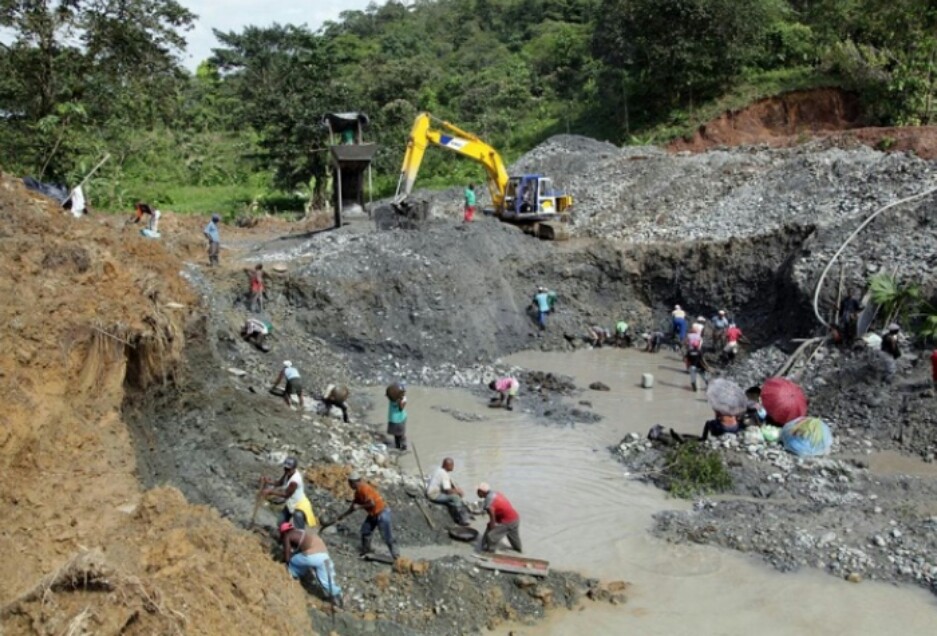



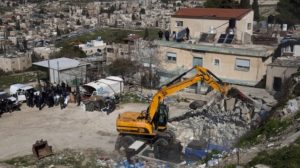



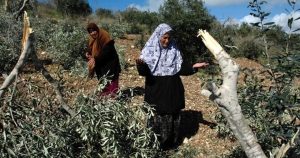

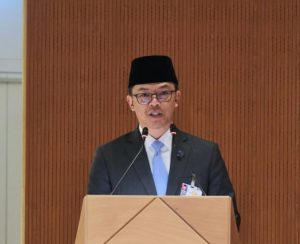

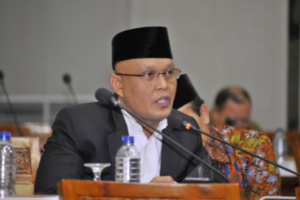


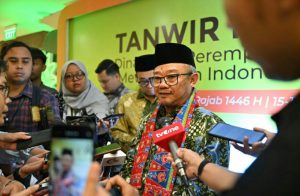













 Mina Indonesia
Mina Indonesia Mina Arabic
Mina Arabic